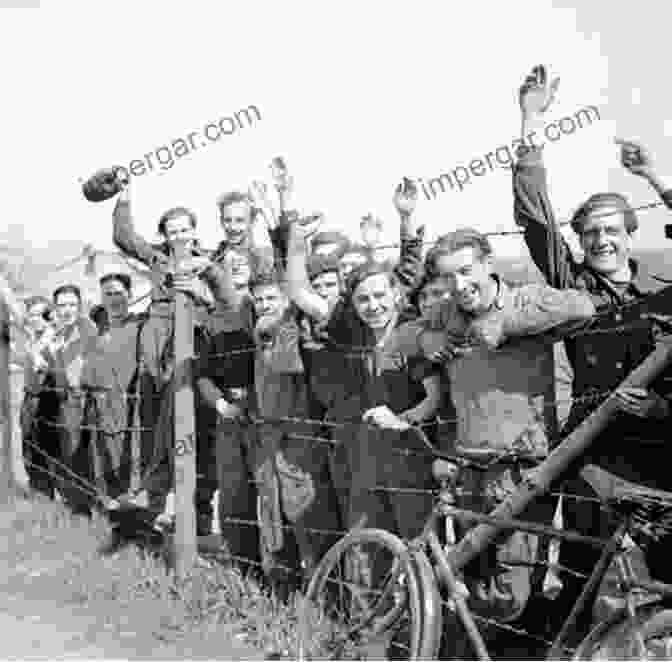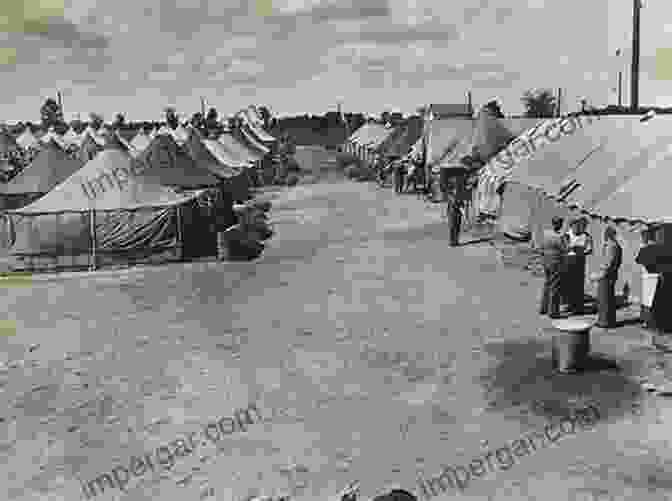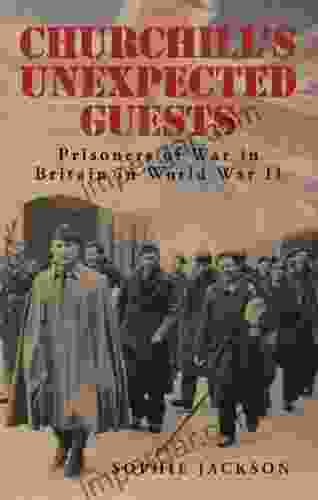The POW Camps
The POW camps in Britain were often overcrowded and unsanitary. The prisoners were often given little food and clothing, and they were forced to work long hours in harsh conditions. Many of them died from disease or malnutrition. But despite the hardships, the prisoners never gave up hope. They organized educational programs, sporting events, and even theatrical productions. They also helped each other to survive, both physically and emotionally.

The Prisoners
The POWs came from all walks of life. There were soldiers, sailors, airmen, and civilians. They came from countries all over Europe, including Germany, Italy, Japan, and the Soviet Union. Many of them were young men who had been conscripted into the military. Others were older men who had been captured in battle. Despite their different backgrounds, the POWs shared a common bond: they were all prisoners of war.

The Legacy
The POWs who were held in Britain during World War II made a significant contribution to the war effort. They worked in factories, on farms, and in other essential industries. They also helped to build and repair roads and railways. After the war, many of the POWs chose to stay in Britain. They found jobs, started families, and became part of British society.
The story of the POWs is a story of resilience, survival, and hope. It is a story that should never be forgotten.


























































































